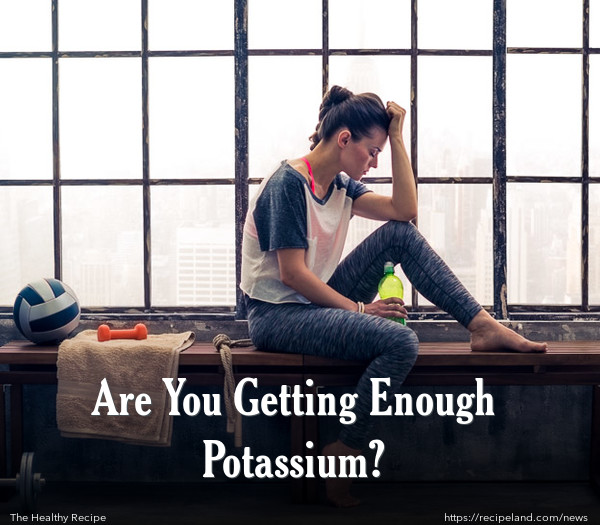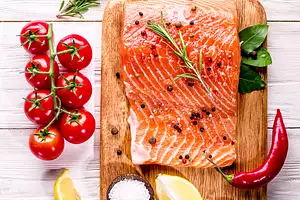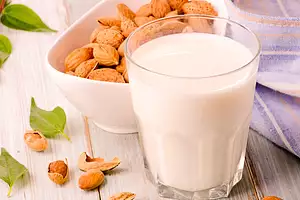Potassium might not seem like the most important component for your diet, but it sure is important. This critical mineral helps your body with many major functions, including keeping your fluids well balanced and helping your muscles to function properly.
A recent study, published in the Clinical Journal of the American Society of Nephrology, found that those with type 2 diabetes who get enough potassium in their diets may be better protected from certain chronic illnesses, including heart and kidney disease. Pete Miller, M.D., Ph.D., a professor of medicine at Johns Hopkins University School of Medicine, stated, “it’s reasonable to assume that the findings would pertain to those without diabetes, as well.”
The problem with these findings is that most people do not get as much potassium as they need. The Institute of Medicine recommends that healthy adults get 4,700 mg or more of potassium each day, but the typical American diet includes less than half of that amount. Recently, potassium was determined to be a “nutrient of concern,” according to Angela Lemond, RDN, a spokesperson for the Academy of Nutrition and Dietetics.
One of the problems with low potassium is that it does not necessarily show up on blood tests, and you might not even have any symptoms. But there are certain signs that may indicate your potassium is low. Keep watch for these symptoms.
1. When you eat, your meal is not colourful!
Potassium often comes from fruits and vegetables, so if your plate does not contain a wide array of fruits and veggies on a regular basis, then you might not be getting what you need. Meats, refined carbs, and anything processed typically fall short of the required potassium amount. Miller states, “Potassium is a marker of an overall healthy diet.” For those with less access to fresh foods, potassium levels are often lowest.
2. You experience excessive fatigue!
There are certainly a lot of reasons why you might be feeling excessively tired, but low potassium is often a culprit. Lemond states, “Eating more potassium-rich fruits and vegetables may make you feel more vital.” If you make this change and do not feel better, check with your doctor for other possible causes.
3. You have hypertension!
There are plenty of factors that can contribute to high blood pressure, but one of them is having low potassium. Eating foods that are too salty, and avoiding fruits and vegetables, can cause an imbalance in your body that leads to high blood pressure, or hypertension. The reason this is so important is that potassium can often balance sodium, and help your body to regulate it, thereby regulating your blood pressure.
4. You get too many spasms and cramps!
Do you get an unusual amount of leg spasms, or “charley horses” in your legs? If so, you might be low in potassium. Lemond stated, “Athletes who work out hard and sweat a lot often get charley horses. That’s because electrolytes, including potassium, get out of whack when you sweat excessively. Don’t just guzzle water to fix the problem.” Be sure to drink a healthy electrolyte drink to replace lost electrolytes and fix the problem.
5. You get heart palpitations!
Low potassium levels can lead to heart palpitations, which can be a serious problem. If your heart seems to be fluttering or pounding too hard, you might actually have an irregular heartbeat, which is something you should see your doctor about.
If you have any of these symptoms of low potassium, start by increasing your intake of fruits and vegetables each day. Choose bananas, baked potato with skin, spinach, strawberries, avocado, broccoli and Swiss chard for the best boost.










Comments